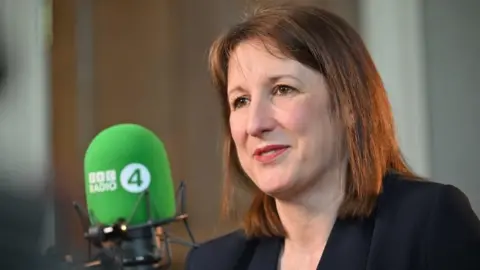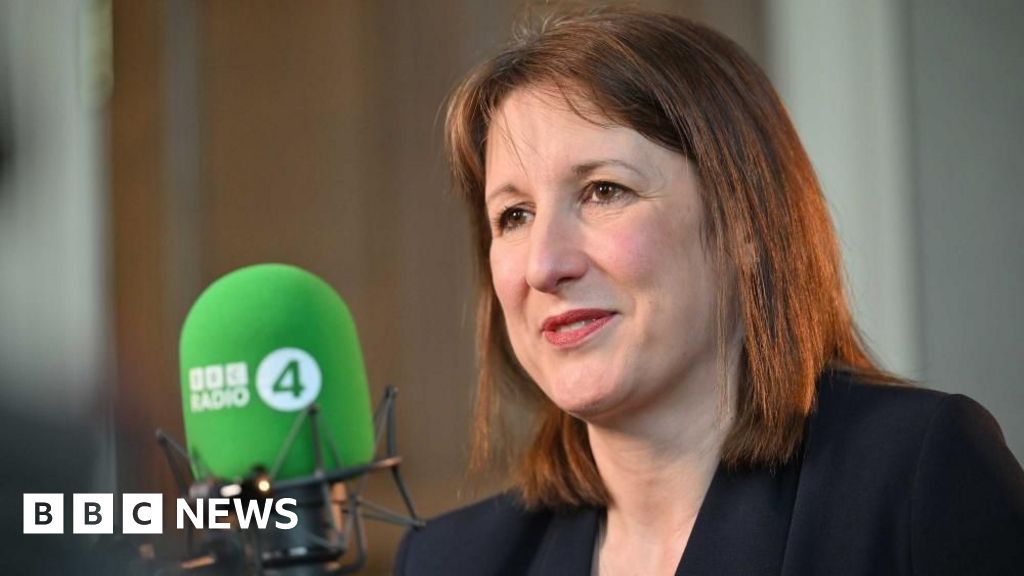•
@bbclaurak

BBC
Chancellor Rachel Reeves has announced that she will avoid “tax and spend” policies during her upcoming Spring Statement, indicating no tax hikes or increases in government budgets.
In a BBC documentary titled The Making of a Chancellor, Reeves cautioned against increasing spending to the levels seen during the previous Labour government, citing current economic constraints.
She is anticipated to announce cuts to various government departments next Wednesday, following a decision to allocate more funds to defense by decreasing the aid budget.
Reeves emphasized, “We can’t tax and spend our way to higher living standards and better public services in today’s world.”
During her autumn Budget, Reeves had previously raised both taxes and public spending significantly, primarily funded through controversial business taxes.
However, she is currently facing pressure due to rising government borrowing, which amounted to £10.7 billion in February, surpassing initial predictions by the Office for Budget Responsibility.
Further complicating matters, official growth forecasts for the economy are expected to be revised downwards.
Last week, Work and Pensions Secretary Liz Kendall proposed extensive alterations to the benefits system intended to save £5 billion annually by 2030 while establishing a more “pro-work system.” However, detailed forecasts of the savings remain unclear.
These reforms will impact those receiving disability and health benefits, as well as individuals under 22 on universal credit.
In her Spring Statement, Reeves will detail the implications of these alterations and is expected to introduce further cuts to specific Whitehall departments to adhere to her established economic rules.
The Treasury has maintained that these rules—specifically, not borrowing to support daily public expenditure while working to reduce debt as a percentage of the UK economy by 2029-30—are “non-negotiable.”
“I have invested in public services to date,” Reeves asserted in her interview. She indicated that there would be a “real growth” in spending over the coming years, albeit not at the levels achievable during the previous Labour administration when the economy was performing considerably better.
However, Labour figure Lord Blunkett has urged Reeves to ease her stringent fiscal rules, labeling them as “Treasury orthodoxy and monetarism at its worst.”
In a recent discussion on BBC Radio 4’s The Week in Westminster, Blunkett suggested raising the self-imposed fiscal cap by £10-15 billion to fund initiatives for unemployed youth. This comes amid rising concerns among Labour MPs regarding the impact of welfare system changes.
Reporting on her responsibilities, Reeves remarked on the scrutiny faced by public figures, calling it a part of her job, and acknowledged the personal criticism she has received.
In response to Reeves’ economic remarks, shadow chancellor, Mel Stride criticized the Labour chancellor for declining growth and rising inflation, emphasizing the need for a reconsideration of Reeves’ business approach.



